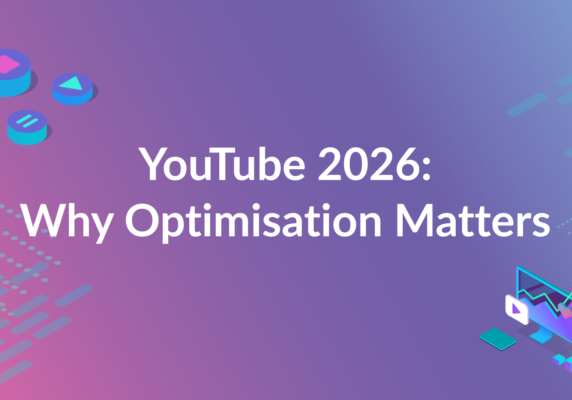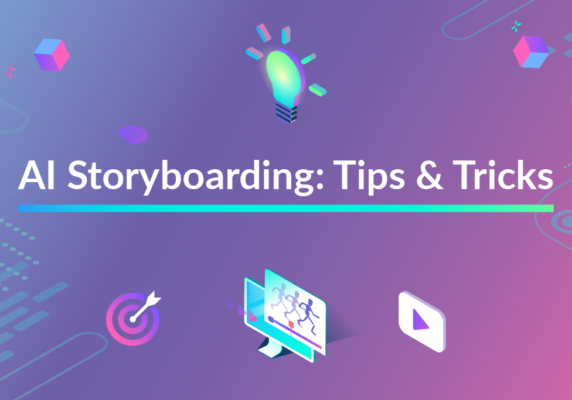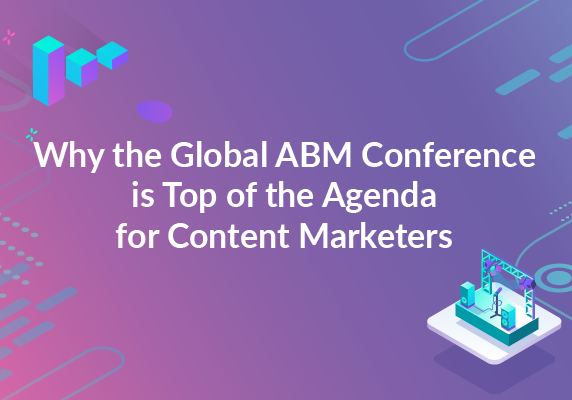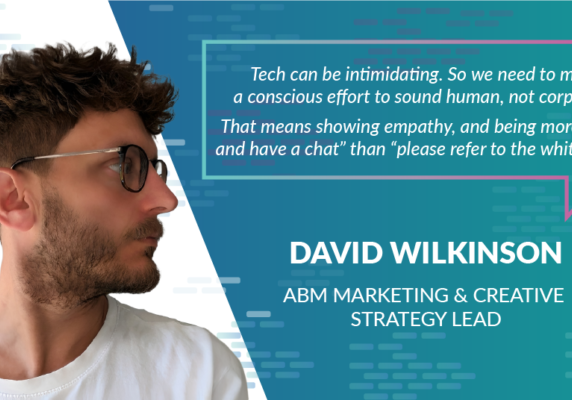How will the death of third-party cookies affect marketing?
Google announced that they will end cookie tracking in the near future. For marketing professionals, the death of cookies might be a very difficult obstacle to overcome. Will the cookie tracking really soon be no longer in place? If so, what alternatives do marketing professionals have?
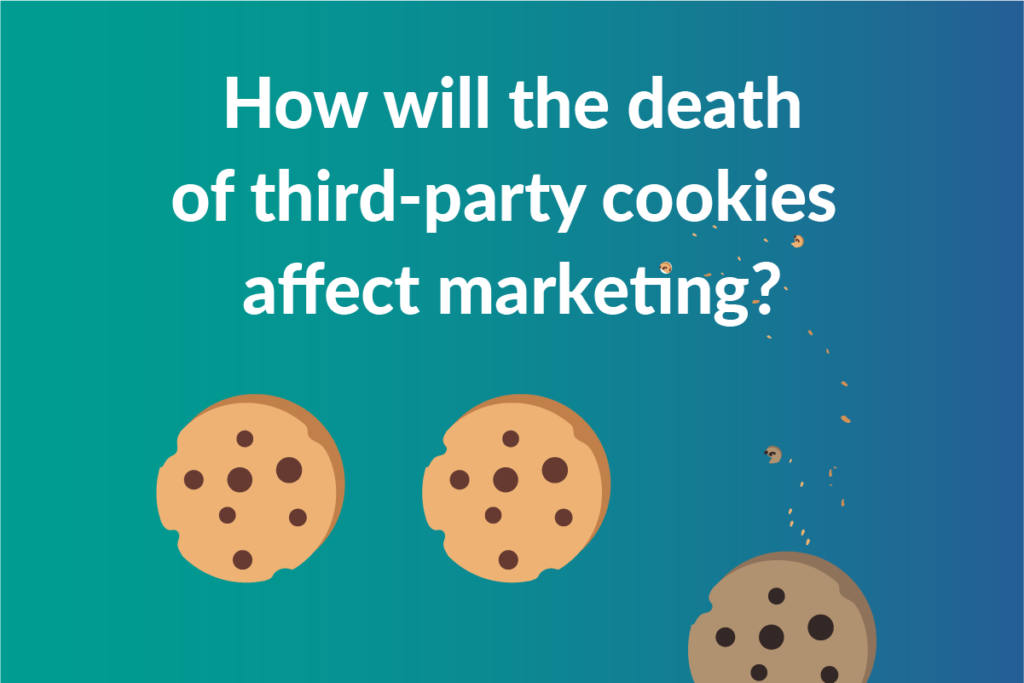
What are cookies?
Computer cookies are small files, which aim is to help the website keep track of your visits and activity. A website might use cookies to learn and to keep a record of a web visitors’ overall online behaviours, such as websites they frequently visit, purchases, interests that they’ve shown on various websites and also login information. They are used in order to improve the user experience or to personalise advertisements displayed on websites but they also can be a potential security concern.
Why has Google decided to remove cookie tracking?
Although tracking users across the web is essential to many advertisers and businesses, privacy becomes very important to more and more internet users. As a result, Google wants to meet their users’ requirements regarding the protection of their privacy and they put forward the proposal that they would phase out third-party cookies on Chrome browsers in 2022. The third-party phase-out was initially announced in February 2020, but Google accelerated buzz around it in March 2021 when they announced on their blog that they won’t be building “alternate identifiers to track individuals as they browse across the web, nor will we use them in our products”. Although Chrome isn’t the first browser to phase out third-party cookies (Firefox and Safari had already blocked these cookies), it is the biggest. In late 2019, Google Chrome made up more than 56% of the web browser market.
What does it mean for marketing professionals?
As it usually happens with any major shift involving privacy, data and advertising, business specialists and publications have been excitedly spreading rumours about how the elimination of cookies and Google’s rejection of ad-tracking will change the way we do business online.
Everyone is wondering whether there is any real cause for concern. For marketing experts, losing the opportunity to use third-party data is a very big deal, as nowadays many companies base their marketing activity on it. Advertisers who rely on this information, due to some big changes being underway, will have to find an alternative way to gather their consumers’ information.
Luckily Google is not going to ban all cookies. They are planning only the phase-out of third-party cookies while first-party cookies will still be in place. With first-party cookies, you can track basic data about your own website’s visitors. For instance, you can find out what a user did while visiting your website, check the frequency of the visits and gain other basic information that can help you develop or automate an effective marketing strategy around them. Phase-out of third-party cookies means that you will no longer be able to see data related to your visitors’ behaviour on other websites that aren’t affiliated with your domain. Taking that into consideration, there is no reason to worry that all your cookie-fueled marketing strategies will soon be gone for good.
What other options do marketers have?
All companies should look into preparing alternative tools that will allow them to gather their consumers’ data when cookie tracking is no longer in place as this data will become crucial when this time comes.
Many of them start to implement first-party data or even zero-party data collection to gather information about the consumers and provide relevant advertising to facilitate sales online.
Zero-party data has been gaining more and more popularity amongst marketing experts. In brief, it’s data that is given directly by the consumer to a brand. It can be done via a survey, gamification or simple consumer/brand interaction online.
While marketing experts try to find the solution to that problem, data management platforms are looking to create alternative tools that help advertisers track data in a way that makes the most out of third-party cookies. While these options might be different from those discovered by marketing specialists or require some new strategising, they would still allow you to target and learn about relevant audiences without being intrusive.
Lastly, to make your brand as safe as possible from future governance or monopoly-related policies, brainstorm even more basic strategies that you can still use to reach your audiences even without cookies, hyper-targeted ads or mass amounts of data. This will allow you to be less vulnerable to technology, while still keeping the option to use the latest tracking software.


